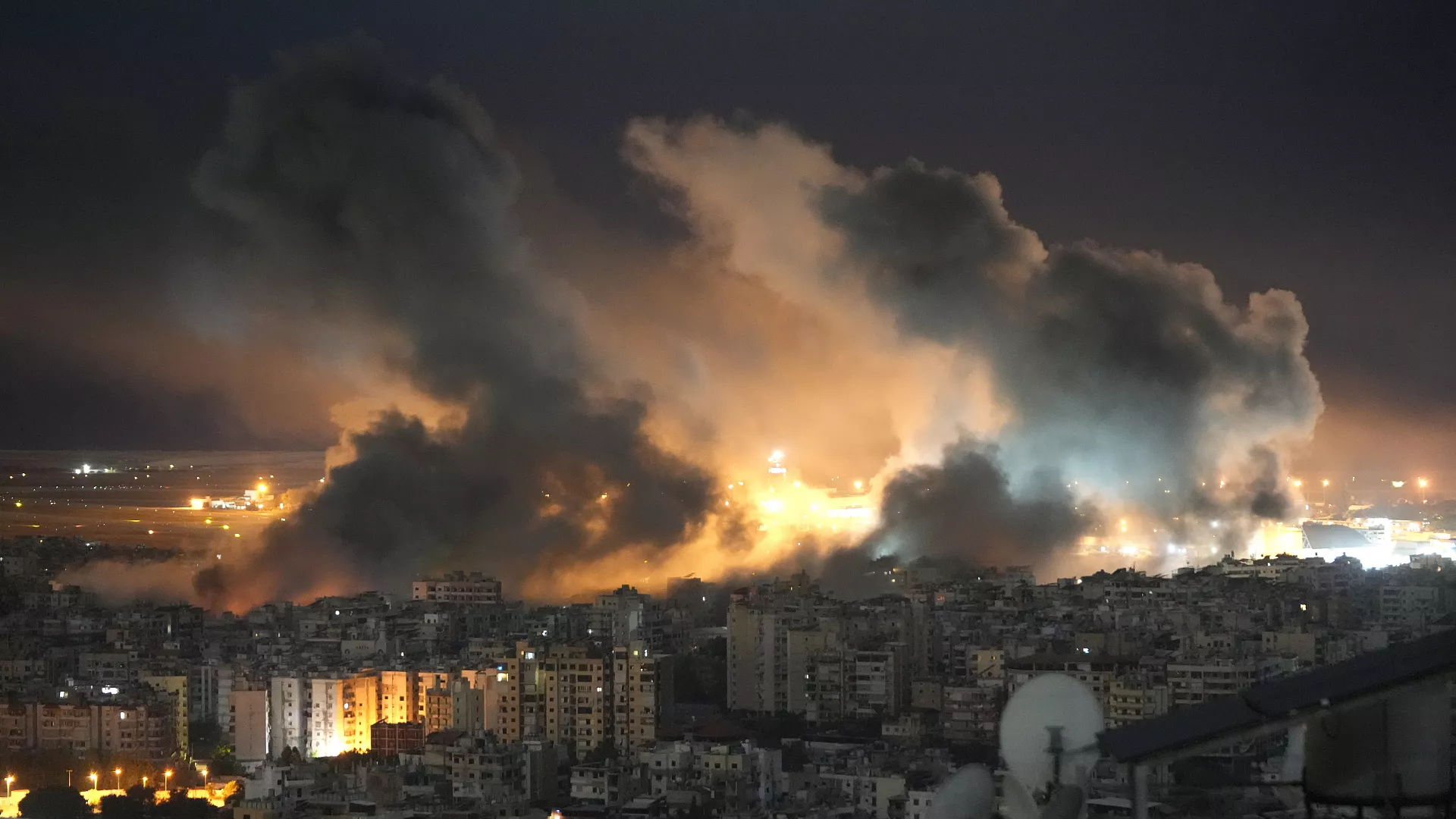24 October 2024, The IDF has escalated its military operation against Hezbollah, which has struck for the first time over the weekend against financial institutions suspected of serving as a conduit in funding the terror organization. Aiming to paralyze Hezbollah’s banking apparatus, these airstrikes are part of Israel’s effort to sever the flow of funds to the group and thus hamper their ability to fund their operations. The IDF operation comes against the backdrop of rising tension along the border between Israel and Lebanon, where clashes between both sides have spiraled out of control.
Orders to Evacuate for Civilian Safety
Alongside the attacks, the IDF has issued orders for civilians to leave border areas that fall under the influence of Hezbollah, an indicator of concern for civilian safety within a military offensive that is being increasingly widened. The IDF asked residents in southern Lebanon to move out and again said that military action would be further extended.
The military has, however, been quite categorical that such strikes aim at the operational capacities of Hezbollah while limiting harm to civilians. For local communities, the strain is already palpable amidst an emerging disruption in financial services.
Response of Hezbollah and Regional Implications
Hezbollah has not made any official comment about the attacks on its money facilities, but in the past, it has reacted violently to every Israeli military attack. While these operations have so far been relatively contained, analysts are worried that they may be provocative, which could trigger further retaliatory attacks from Hezbollah at a higher scale, extension, and intensity in the Israel-Lebanon border area.
These developments have worried regional and international actors, with calls from regional powers for de-escalation. UNIFIL increased patrols in the border area. However, it remains to be seen whether these efforts can contain the mounting tensions.
Impact on Civilians and the Economy
Beyond the military consequences, there will likely be significant economic repercussions in such strikes on financial systems: crippling both Hezbollah’s financing and civilian services. As a result, regional banks and businesses are getting ready for protracted uncertainty. The targeting of Hezbollah’s financial infrastructure is an IDF component in its comprehensive campaign to degrade the terror group’s operational capabilities while putting massive pressure on its economic functioning.
What’s Next?
The situation remains fluid, and the fact that Hezbollah might retaliate on the field could make things spiral out of control. The IDF appears to be in an effort to debilitate Hezbollah without engaging in full-scale war with it, but tensions remain on high pitch, and a conflict cannot be completely ruled out.
IMAGE SOURCE











